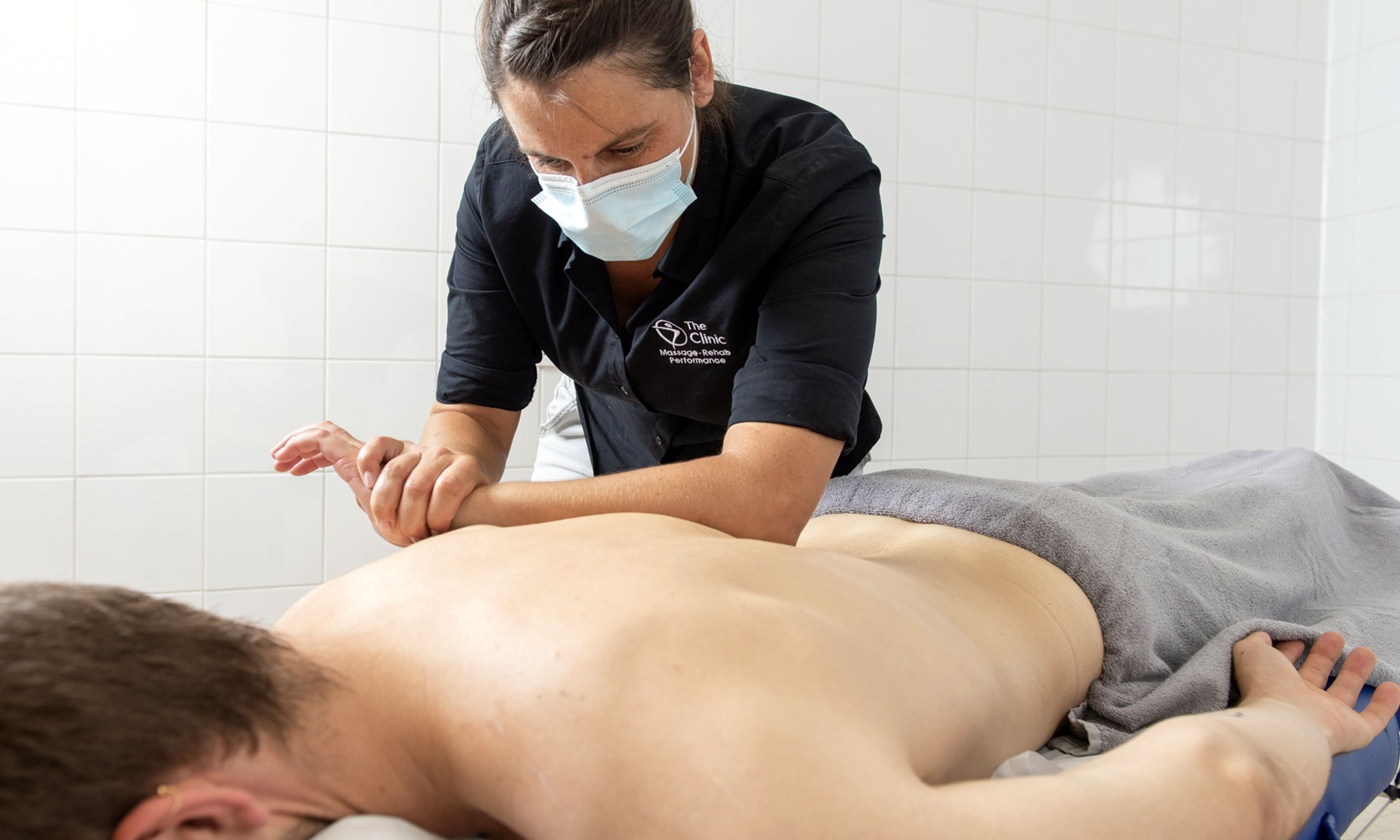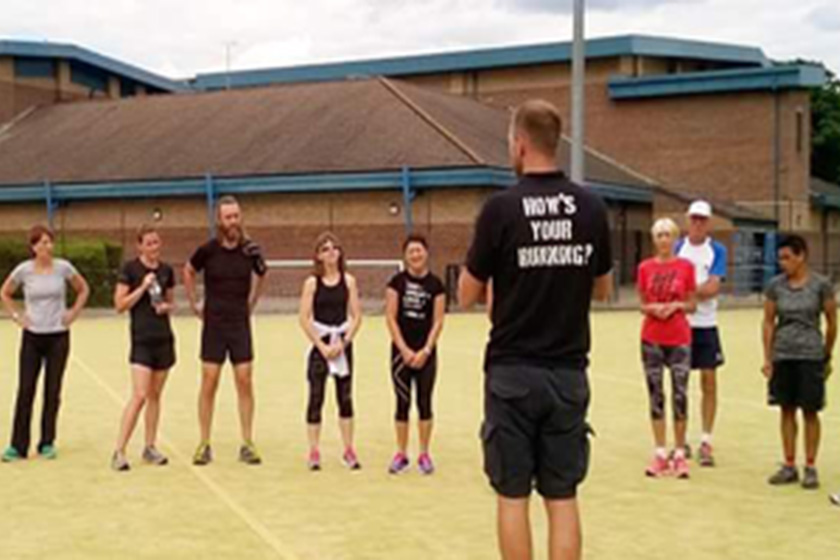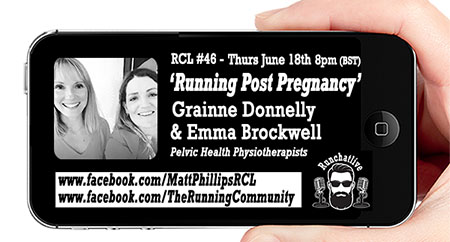Sports Massage or Soft Tissue Therapy is a wonderfully rewarding career and as therapists we are in greater demand than ever. Whether you’re looking for a complete career change, want to build on your existing skills or are just interested in learning something new you won’t regret diving into this fascinating world.
Your first step is choosing a course and this can be where things start to get confusing! With a huge number of options out there, everything from short, online courses to longer diploma programmes, it can be a minefield to find what is best for you.
So here are our top 10 questions to ask when you’re looking for a sports massage course.
Sports Massage or Soft Tissue Therapy?
These are terms you are likely to come across on your search for a course but what do they mean and what is right for you? Firstly Sports Massage, this has become a bit of a catch all term for a particular type of massage typically with the aim of relieving soreness and pain. You can assume that a course described as a sports massage course will cover the fundamentals of giving this type of massage. Soft Tissue Therapy courses are more expansive and should teach sports massage as just one technique used amongst many to help people. Soft Tissue Therapy is a complete approach to support people suffering with pain and injury. Soft Tissue Therapy will empower you to assess the person and their injury, to treat with hands on techniques including sports massage amongst more advance soft tissue techniques.
Which Level should I do?
Generally speaking, there are Level 3, 4 and 5 courses to choose from, although you can go all the way to do a degree in Sports Therapy. Choosing which level is best for you really comes down to what your overall goal is and whether you want to be helping people suffering with injury, pain
and/or medical conditions. You can find out more about the different levels in our WHAT’S IN A LEVEL blog.
It is worth bearing in mind that it is not necessary to work your way through each level separately. It is possible to go straight in at Level 4 or 5 and if this is where you know you want to get to that is often the best option.
What’s the course content?
You might have a good idea of what you want your course to cover or you may be completely new to what might be included. Either way it is important that any course provider is happy to not just detail the course content but also why they choose to cover that. Why it is relevant? How it will help you become the therapist you want to be? What does the provider do to ensure that their content is both up-to-date and evidence-based? What are their tutors’ areas of expertise and experience? If you have a particular area of interest will this, be covered in sufficient details for your needs?
Is the course accredited?
As sports massage and soft tissue therapy are not regulated professions there is not one single accreditation to look out for. It is however, worth asking if the course you are looking into is accredited by an external examination board such as BTEC as this will ensure the educational standard of the qualification. Beyond that you want to know how you will be able to use the qualification once completed. What insurance will you be eligible for? Which professional organisations recognise the qualification? Speaking to someone who is already working in the field you wish to get into is a great way to find out exactly what accreditations and standards you need to be looking out for.
How is the course delivered?
We all learn differently so it is important that you establish how a course is delivered and whether that suits your needs and learning style. There are some courses, especially at Level 3, that are delivered purely through online teaching. Whilst this may seem the most convenient (and cheapest option) it is worth considering that these are very practical subjects and whether an online course would give you sufficient confidence in the skills you will need to learn.
Away from online courses most courses will be a combination of in-person teaching and workshops, self-led learning in the form of reading and completing assignments, practice treatments outside of class and case studies. Some people respond much better in person teaching others prefer to work through things at their own pace so think about which you prefer and consider whether the balance suits you.
You will also want to think about when you are able to fit in the course. Does it need to be weekends to fit in with your current work? How much time can you spare a week for study? All these factors can influence which is the best course option for you.
How much support will I receive?
As well as the amount of in-person teaching included on the course it’s important to ask what level of support there is away from class. Will you be able to contact your tutors outside of class? How quickly can you expect to hear back from tutors or support queries? What other systems are in place to support students? This really can have a massive impact on your learning experience and a good training provider will have plenty of ways of ensuring that you are supported and get the very best from your time with them.
How long will it take?
There is huge variety in duration when it comes to courses. Generally speaking, the higher level, the longer, the course will take. Courses may be offered as full or part time. Part-time courses may take longer to complete but is likely to be more manageable around other life commitments such as work and family. It’s also worth thinking about whether an intensive course would give you the time to develop the skills and experience you will need; you may wish to do a longer course which allows you the time to work with different clients and conditions whilst on the course to cement your learning.
Ask the provider what after care they offer. It’s often when we start practising that all the questions start, will your provider continue to offer support and guidance after you have qualified?
Finally, is there an opportunity to start earning money whilst you are on the course? Some providers, such as The ST School, who offer direct entry onto a level 5 course will have arrangements with insurers which will allow you to start charging for treatments from a certain point in your training. This may open up the option for you to do a longer course and start in your new career whilst you are training.
How much will it cost?
As with anything it’s worth digging a little deeper than the headline price. Firstly, establish whether there are any hidden extras, some providers may charge separately for assessment and accreditation so make sure that the price you are being quoted includes everything. Think as well about whether you are likely to want to go on to do further qualifications, a level 3 may be the cheapest option now but if you think you will want to go on to do a level 5 it may be more cost effective to go straight onto a direct entry level 5 course.
Ask what you will get for your money – how much contact time with tutors does it include? What learning resources are included? What other offers or opportunities will be available to you?
Training providers will often offer finance options so be sure to ask is there is a payment plan available to suit your needs.
What could it lead to?
You need to know that the course you choose has the potential to get you where you want to be. What have previous students gone on to do? Tell the provider what your goals are, how will their course will help you achieve them? Ask to be put in contact with some previous students, it’s a great way to learn first-hand what studying with that provider is like and where the qualification can take you.
ASK MORE QUESTIONS!
Choosing your course will be one of the biggest decisions you make when embarking on your new venture. It’s a huge commitment on many levels and it is absolutely right that you explore all the options available and ask all questions that are important to you. Any good training provider will be happy to spend time with you answering questions, discussing options and giving you the information you need to choose the best option for you as an individual.





